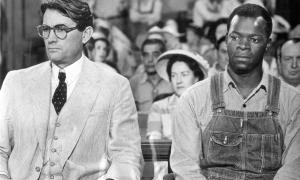page
Growing Together: For Children and Families
The learning activities and stories in this series for children and families can begin a child’s journey toward helping to create a more just society.
August 15, 2024




